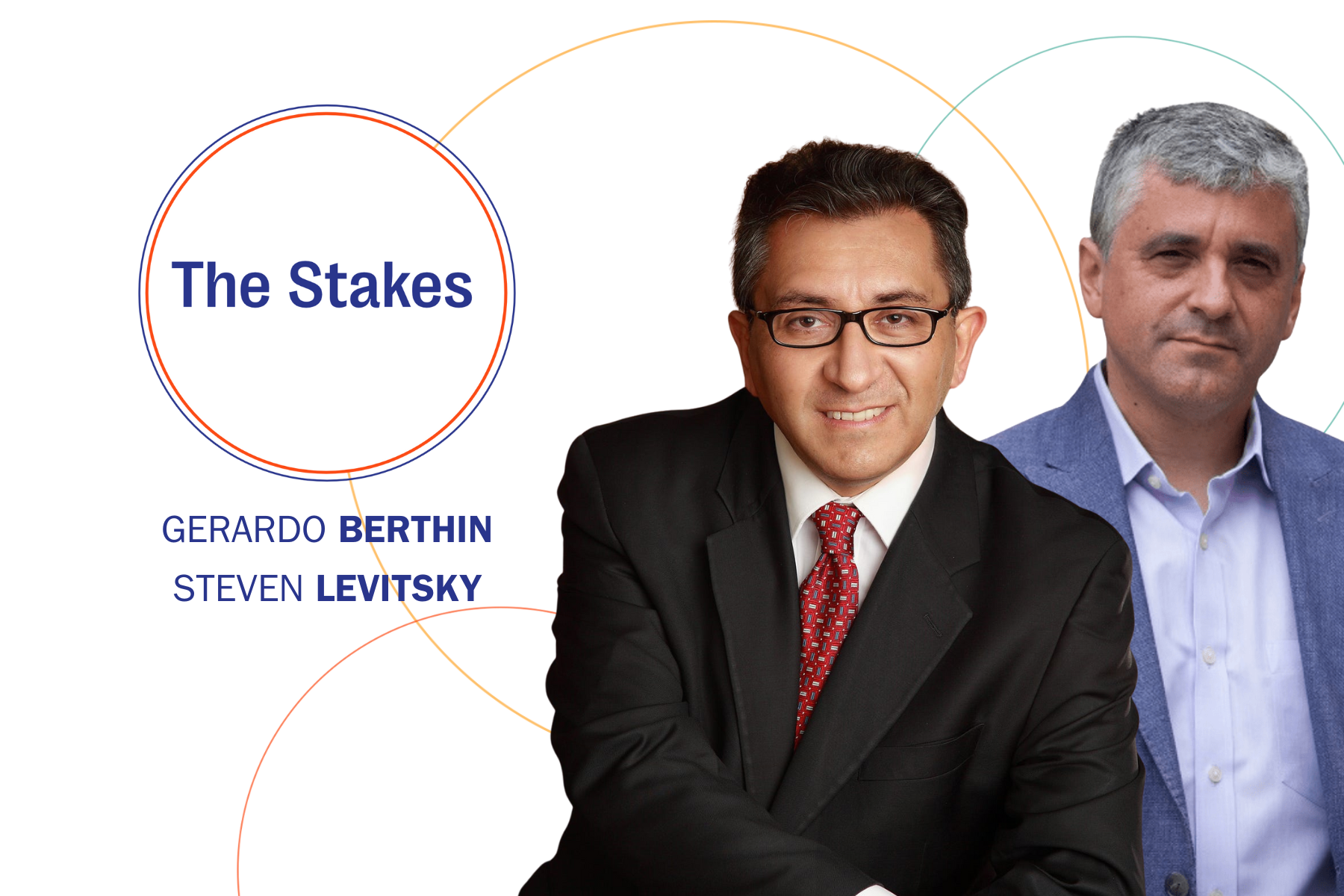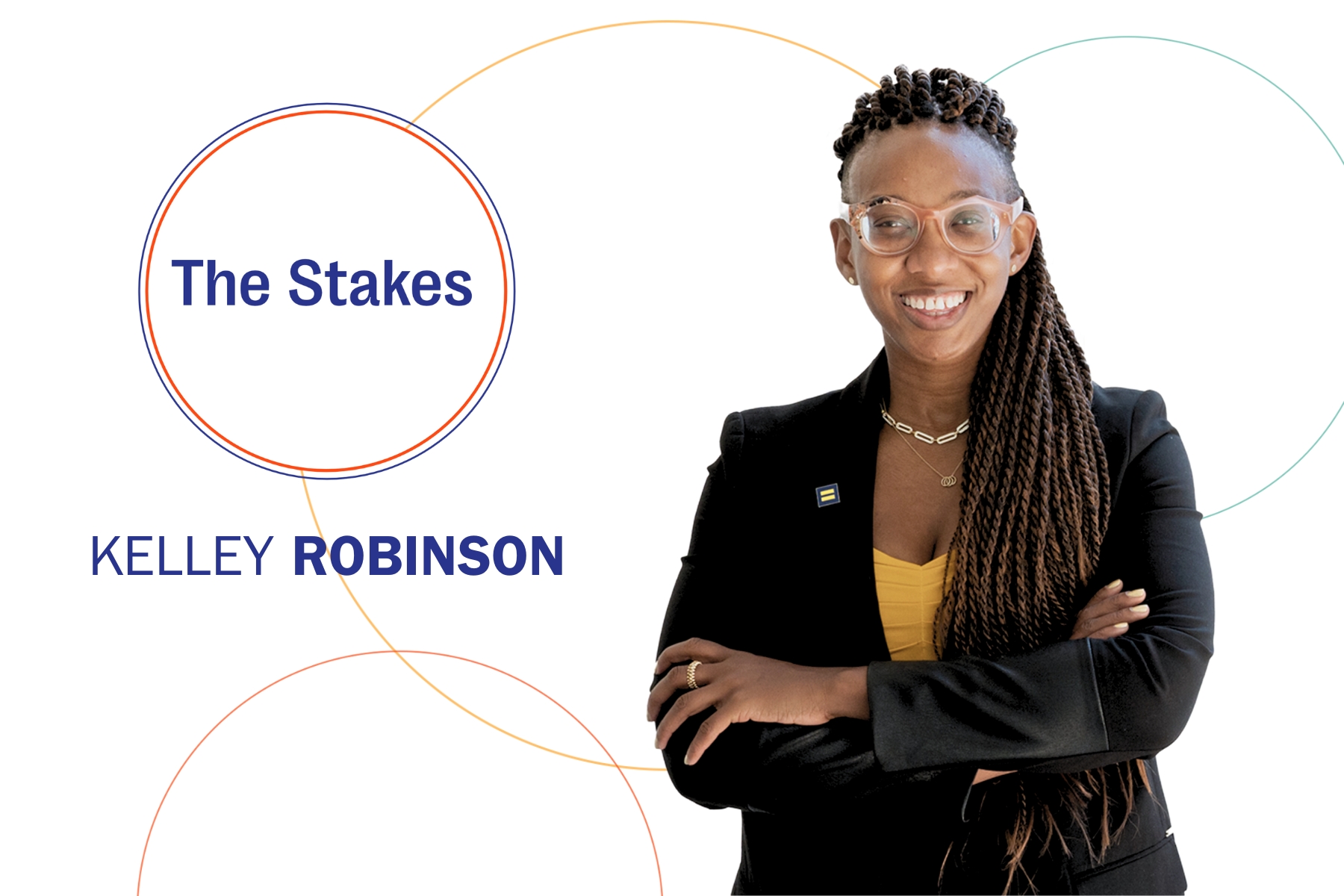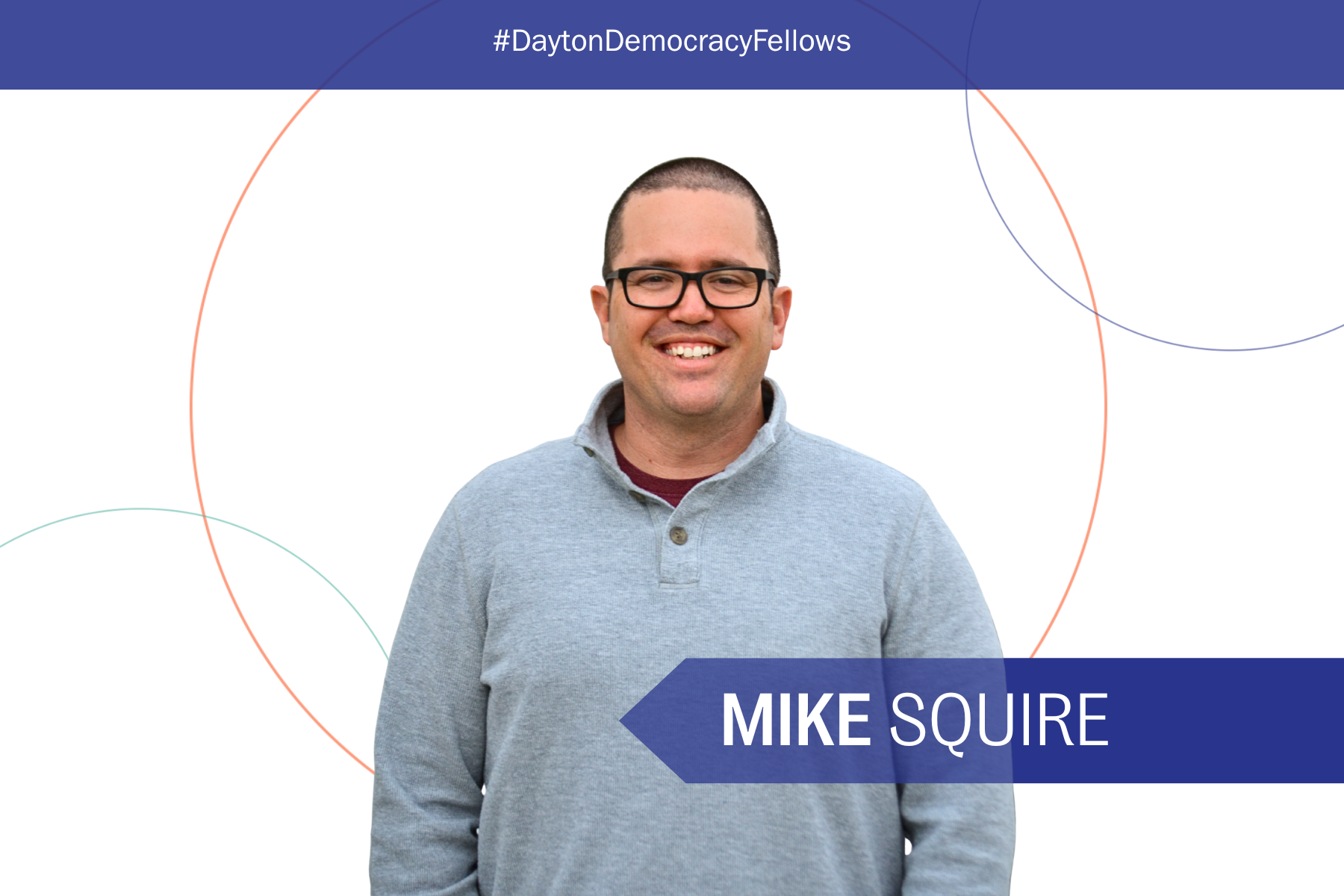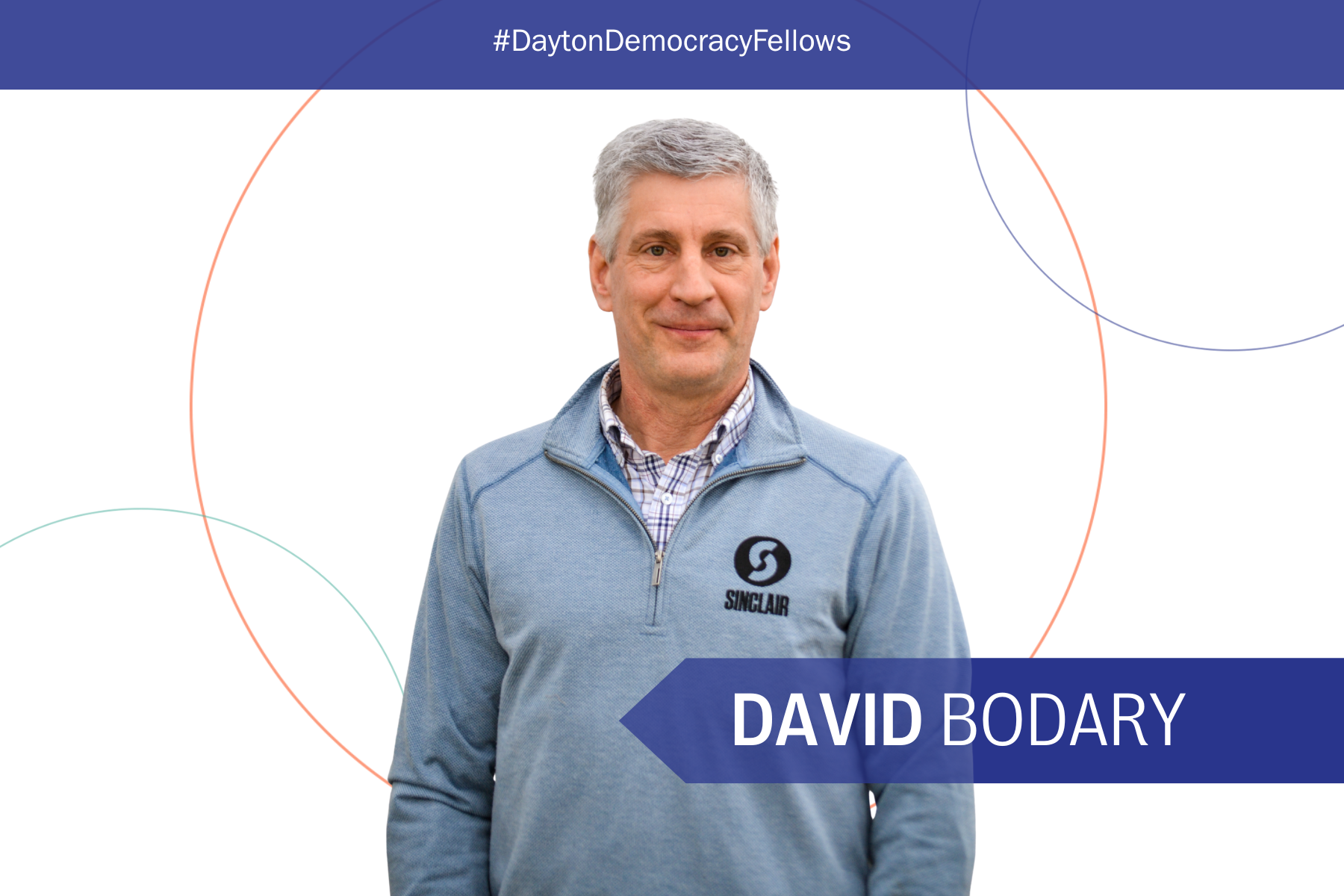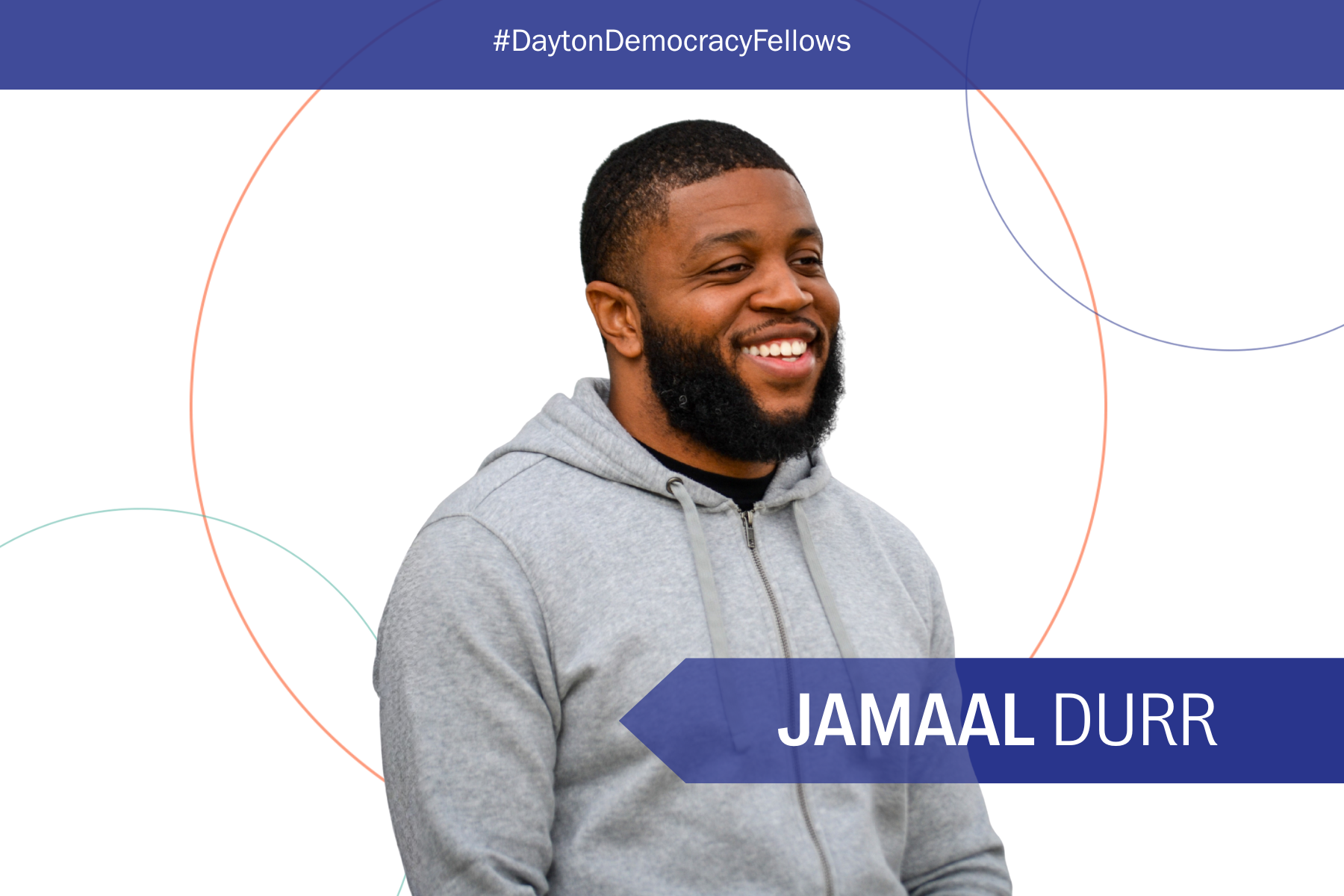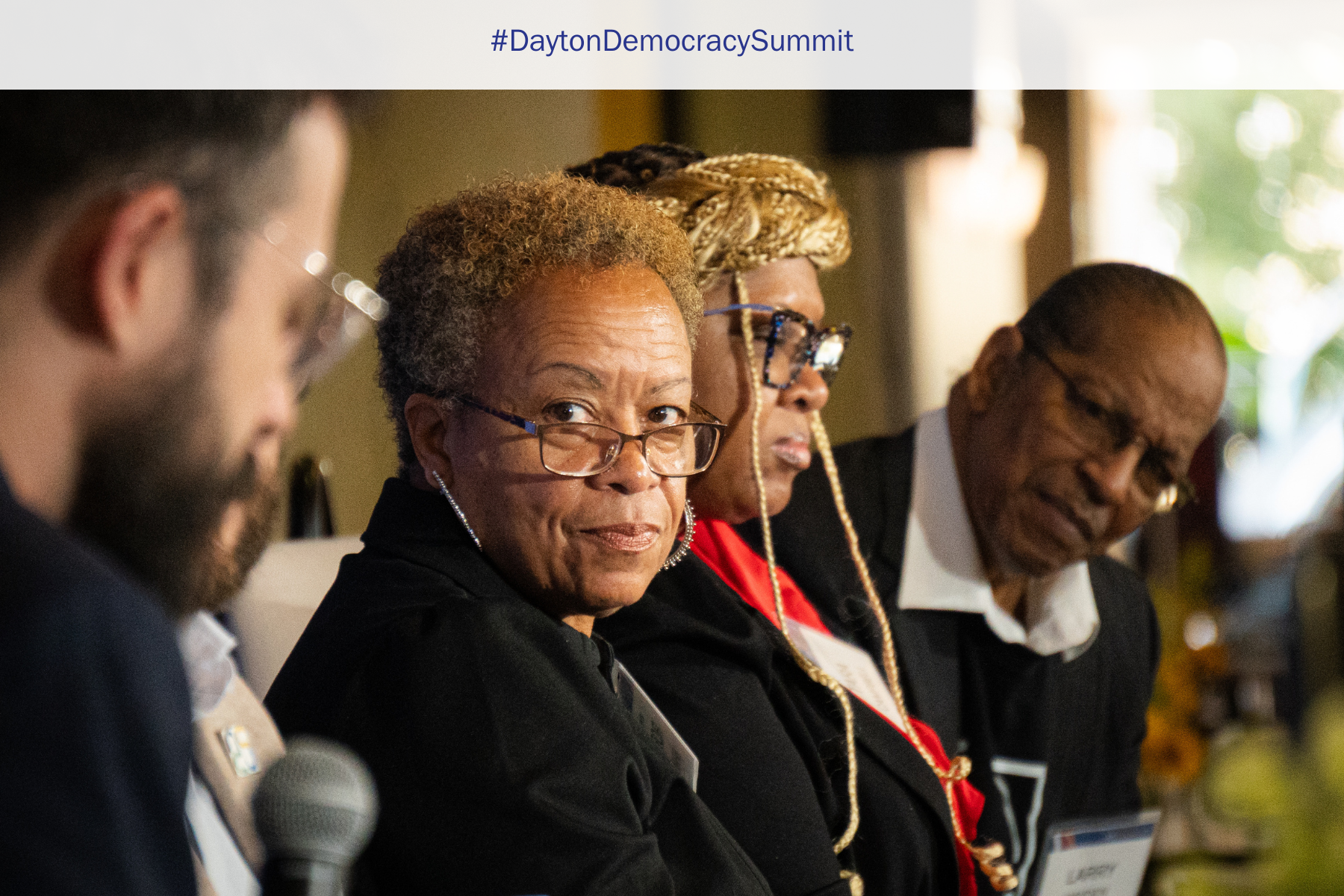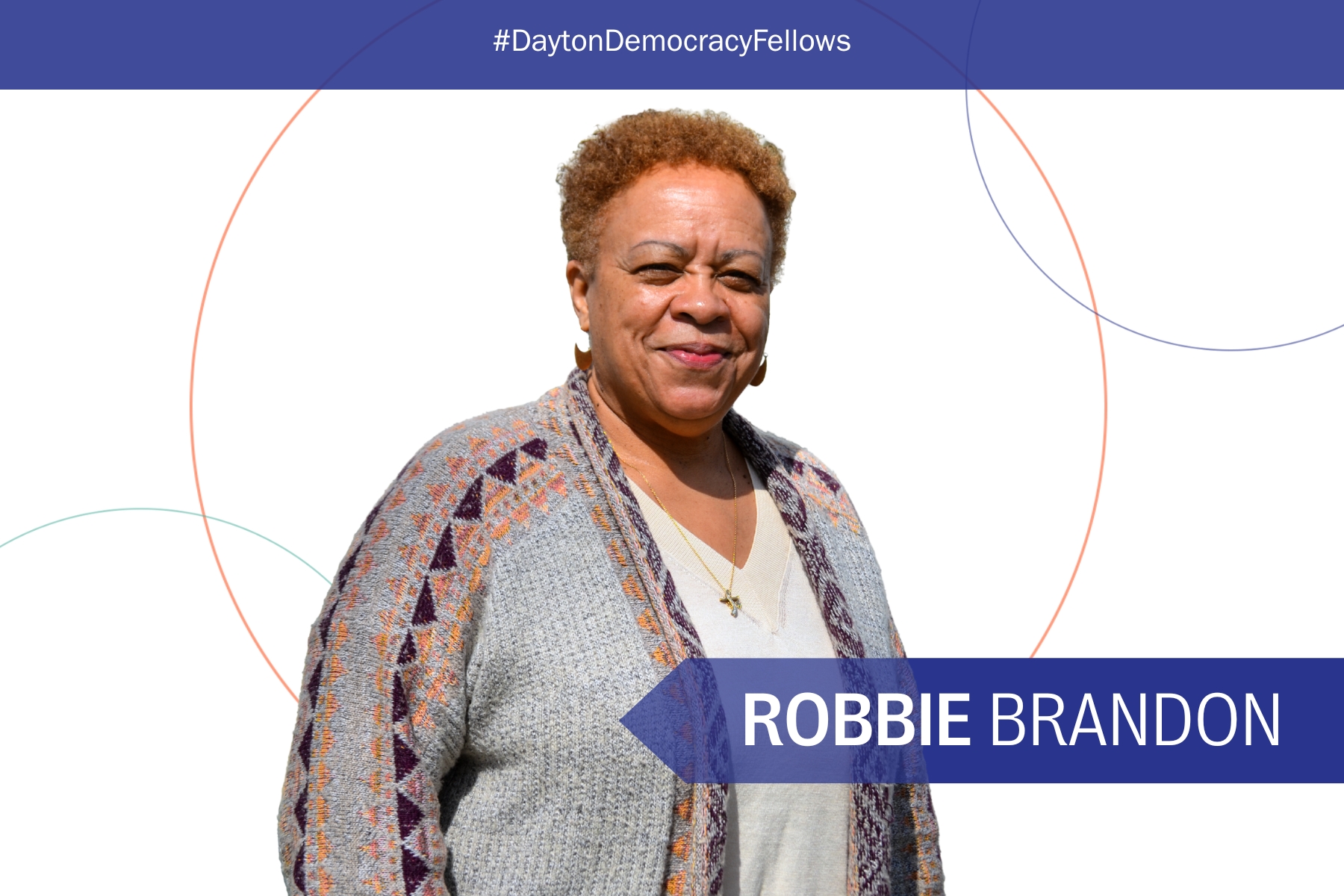Recovering Our Moral Voice
This article is part of a series of stories covering Kettering’s second annual Dayton Democracy Summit. The event was held on October 27, 2025, at Sinclair College in Dayton, Ohio.
For the second year in a row, Rev. Dr. William J. Barber II, Kettering senior fellow, president of Repairers of the Breach, and founding director of the Center for Public Theology and Public Policy at Yale Divinity School, gave the keynote address at the Dayton Democracy Summit.
Barber called for repentance for the disregard of humanity—from the tyranny of technology to the denial of equality—and action. Quoting Frederick Douglass, Barber said, "This moment is calling on us to intensify and embolden our agitation." He went on to say that "we cannot let the nation go down this path without being maladjusted." Repentance includes a correct diagnosis of the problem, being clear about the challenges that democracy faces, and understanding the ramifications of legislation, like the Big Beautiful Bill, and the roots of authoritarianism. Barber noted, "Authoritarianism does not want the people to stand up. It never has. And it never will. But we've got to have a coming together of the people."
Barber argued that strategic coalitions need to be created to stand up to the authoritarian forces at work, like those that came after the Civil War and included former Black slaves and poor Whites. One such coalition, in North Carolina, ushered in public education, voting rights, and equality under the law. Today's coalitions need people from all demographics who believe in justice, equality, and making the nation better for future generations.
According to Barber, "The goal of an authoritarian is to make you stop believing what you know is true and just give up. They want you to deregulate your moral beliefs." To counter that, said Barber, we need to "recover moral vision and moral organizing and moral insight and moral calling and moral effort." When the first letter of each of these ideals is put together, it spells voice; we recover our moral voice. Barber pointed out that the word for vote and voice are the same in Hebrew. "In other words, your voice is your vote, and your vote is your voice."
